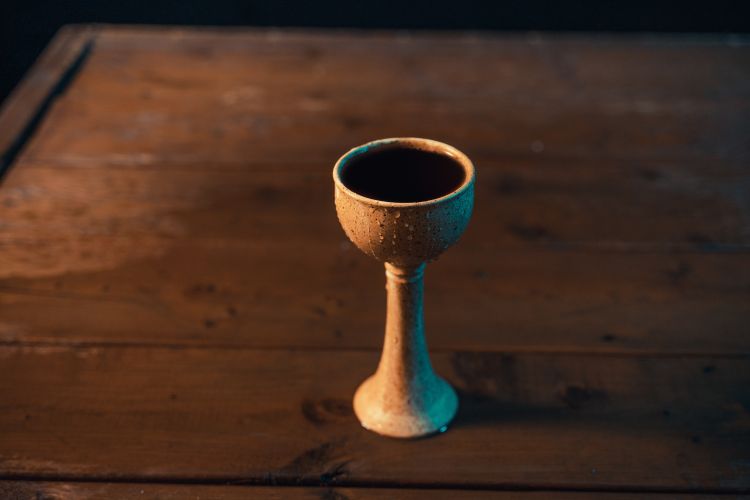Each Friday, I’ll post links to 3–5 resources from around the web you may want to check out.
The Bond of Love
This article is especially appropriate for our church as we will celebrate the Lord’s Supper this coming Sunday. Keith Mathison explains the importance of the unity evident when a church takes communion.
Following Augustine, Calvin spoke of this “horizontal” aspect of the Lord’s Supper as “the bond of love.” The Supper is something that is to unite believers and encourage them to love one another. Paul tells us that Christ has only one body of which He makes us all partakers; therefore, we are all one body (1 Cor. 10:17). According to Calvin, the bread in the Supper provides an illustration of the unity we are to have. We are to be joined together, without division, just as the many grains in the bread are joined together to form a single loaf.
Talking with Kids about Gender Issues: Give Them Biblical Vocabulary
I appreciate this effort to equip parents to talk to their children about important issues of gender and sexuality.
Mom and Dad, your key priority is to love, know, and trust God and to understand how the gospel applies to our experience of gender. Christ came offering forgiveness for our sin, including rejecting His design of us as male and female. He came to draw near and heal broken hearts when gender dysphoria triggers shame, and kids feel, and are, outcast and alone. And He is near to you as you engage this vital discipleship pathway with your kids. You may be fearful and overwhelmed with this task, yet remember Jesus’ words to you, “Whatever you ask in my name, this I will do, that the Father may be glorified in the Son. If you ask me anything in my name, I will do it” (John 14:13-14).
The Idol of Competence
I suspect more of us worship an idol of competence than we realize.
The idol of competence is the desire to be perceived by others as capable. It springs from the belief that my worth is tied to my output. It’s productivity fueled by shame and fear. But if we want to do our work in a God-honoring manner, have joy while we do it, and truly serve God and man, we must disentangle our conception of productivity from the idol of competence.
Note: Washington Presbyterian Church and the editors of this blog do not necessarily endorse all content produced by the individuals or groups referenced here.

